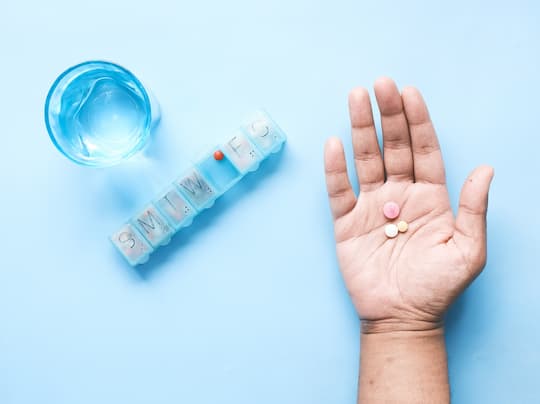Do antidepressant do more harm than good?
While people are no more depressed now than they were 20 years ago, antidepressant use has tripled in this period.
Despite the surge, relatively little is known about how they work.
There is scant evidence that they ‘correct a chemical imbalance in the brain’, as drug marketers claim.
This raises many question, including:
- Do antidepressants do more harm than good?
- Do they really improve people’s quality of life compared with not taking them?
- How easy or hard is it to come off them?
- What is the best way to quit?
Below are 7 studies from the members-only section of PsyBlog that try to answer these questions, and more:
(If you are not already, find out how to become a PsyBlog member here.)
- Antidepressants: Pros And Cons And How They Should Be Prescribed
- How Antidepressants Affect Long-Term Quality Of Life
- How Stopping Antidepressants Affects Relapse Risk
- Depression NOT Caused By Low Serotonin Levels, Large Review Finds
- The Real Risks Of Taking Antidepressants
- The Best Way To Quit Antidepressants
- Antidepressants Kill Positive Emotions Too: Why That’s Dangerous
.

